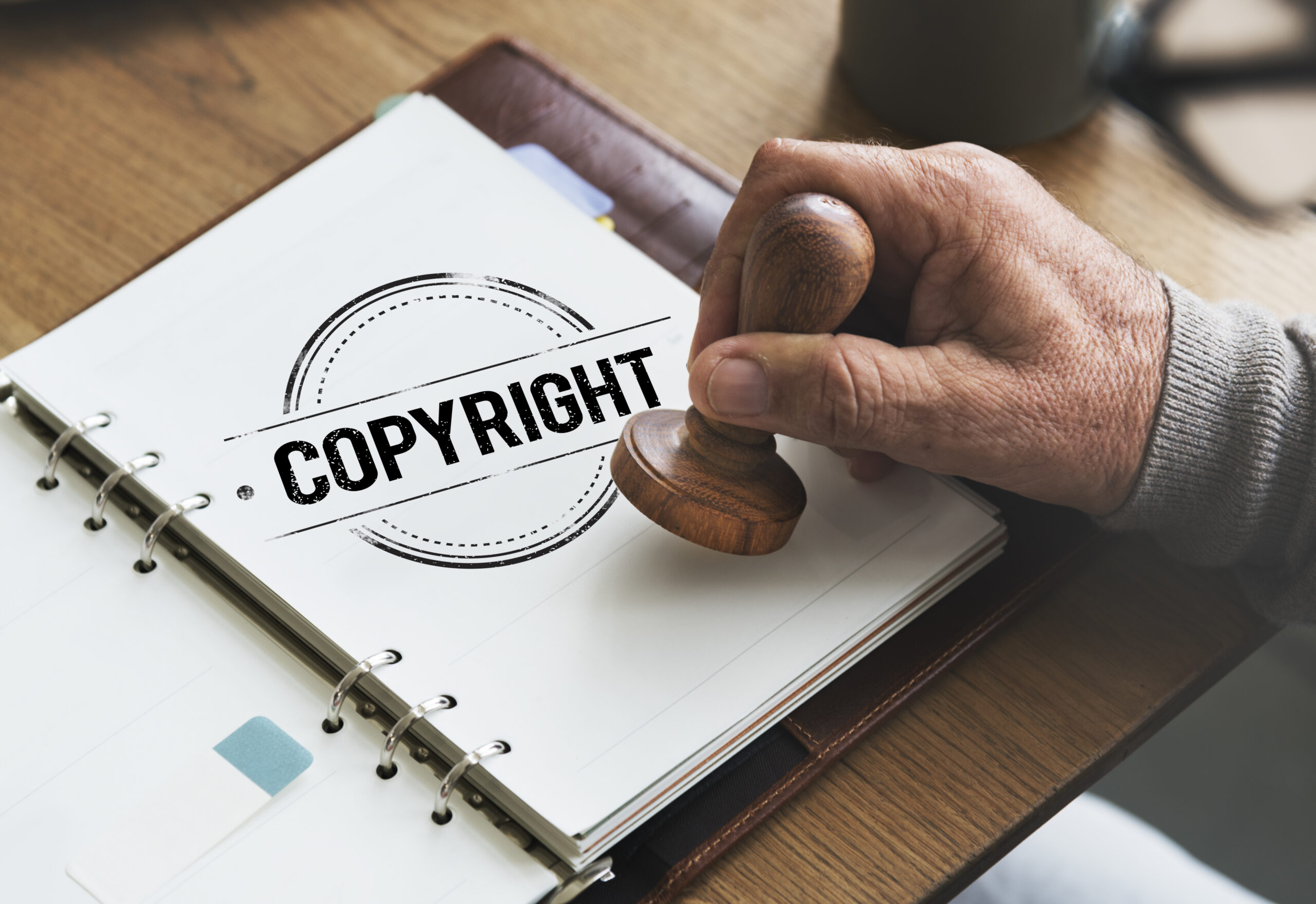Introduction
If you’re found guilty of copyright infringement, you could be facing some serious penalties. In this blog post, we’ll take a look at what copyright infringement is, the different types of infringement, and the potential penalties you could be facing if you’re found guilty.
Copyright Infringement: An Overview.
What is copyright infringement
Copyright infringement occurs when someone violates the exclusive rights of a copyright holder. These rights include the right to reproduce, distribute, perform, or display the copyrighted work. Copyright infringement can occur even if the infringing party did not copy the work directly from the copyright holder. For example, if someone creates a derivative work based on a copyrighted work without the copyright holder’s permission, that would be considered copyright infringement.
Types of copyright infringement
There are two types of copyright infringement:
- Direct
- Indirect.
Direct infringement occurs when someone violates one of the exclusive rights of the copyright holder without their permission.
Indirect infringement occurs when someone helps another person infringe on a copyrighted work, for example by providing them with the means to do so or by knowingly selling infringing copies of a work.
Consequences of copyright infringement
The consequences of copyright infringement can be civil and criminal. Civil penalties for copyright infringement can include statutory damages (damages set by law), actual damages (such as lost profits), infringer’s profits (profits made by the infringer), and attorney’s fees and costs. Criminal penalties for copyright infringement can include fines and imprisonment.
Potential Penalties for Copyright Infringement.
Statutory damages
Federal copyright law provides a range of penalties that a court may impose on an infringer. The court may award statutory damages, which are set by Congress and are not based on the actual damages suffered by the copyright owner. Statutory damages can be as low as $750 or as high as $30,000 for each work infringed. If the court finds that the infringement was wilful, it may increase the statutory damage award to up to $150,000 for each work infringed.
Actual damages
The copyright owner may also recover actual damages suffered because of the infringement, such as lost profits or revenue. In some cases, however, it can be difficult to prove what the owner’s actual damages are, and so they may be awarded only a portion of their losses or none at all.
Infringer’s profits
In addition to or instead of awarding damages, the court may order the infringer to pay the copyright owner any profits earned because of the infringement. To receive this type of award, the copyright owner must prove that he or she is entitled to them and show how much profit was earned because of the infringement.
Attorney’s fees and costs
If the copyright owner prevails in an infringement lawsuit, he or she may also recover attorney’s fees and litigation costs from the infringer under certain circumstances.
Conclusion
In conclusion, copyright infringement is a serious offense with potential penalties that can include statutory damages, actual damages, infringer’s profits, and attorney’s fees and costs. If you are accused of copyright infringement, it is important to seek experienced legal help to protect your rights and interests.








Leave a Reply